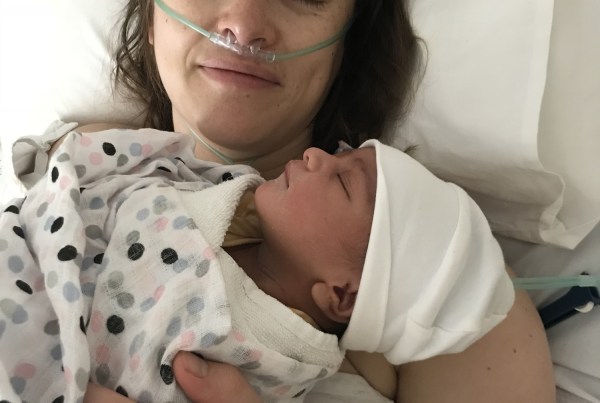Writing by Julia Anderson // Illustration by April Phillips // It may seem bold to bring up your mental health early on, but having that discussion sooner rather than later can be beneficial.
Writing by Julia Anderson // Illustration by April Phillips
Dating is never easy and can seem even harder if you struggle with mental health. Shame and self-loathing can make the already formidable challenges around courtship and intimacy seem insurmountable. You may find yourself thinking that perpetual singledom may be the only path (and for some that may be a perfectly good one). But if you’re thinking about embarking, or returning to, the dating scene and you want a little guide to building up the courage read below.
There’s a quote that circulates around a lot of self-help literature: “You can’t love someone until you learn to love yourself.” Reaching a point of self-love can be a long and sometimes challenging process but if I have learned anything from being in a long-term loving and supportive relationship, is that this can be a journey that doesn’t need to be taken alone. It does however require a willingness to grow and learn about love, alongside someone.
As an emotionally sensitive person, it can be exhausting to put yourself out there. It’s not easy bringing up topics like anxiety, depression or OCD to close friends and family – let alone someone you’ve only known for a few weeks. But it helps to remember that vulnerability is a strength and it’s what connects us as humans.
It’s no great mystery that the first couple of dates will be your time to get an overall sketch of who this person is. Are they kind or judgemental? Open minded or set in their ways? Reserved or impulsive? Slowly answering these questions lets you know how to approach discussing mental health with them down the road, and more importantly perhaps, if you want to go down that road at all.
It may seem bold to bring up your mental health early on, but having that discussion sooner rather than later can be beneficial. It helps you filter out anyone who judges mental health issues and if they do, they probably aren’t the right person for you anyway. Maybe it will encourage them to share their mental health issues too and can help bring you closer.
Of course, this list is only a guide, you need to do what feels comfortable for you. I find being completely honest with my partner works best for me, but if you don’t want to tell someone about your mental health challenges, you don’t have to. Perhaps, like me, when you’ve been single and you’re a woman in this world, you feel like you’re “too sensitive” or “too much”. Certainly, it can feel that way when you struggle with mental health, but what often helps is to remember, in the words of author Shinji Moon: “You are beautiful because you let yourself feel, and that is a brave thing indeed.”







